Monthly Archives: June 2014

WWII on Twin Cities Campuses
A couple weeks ago I looked at how some of Bethel’s neighboring colleges and universities in the Twin Cities experienced the First World War. Today I’ll turn to the Second World War, again pulling some tidbits from Merrill Jarchow’s history of private colleges in Minnesota but here broadening a bit to see how the Twin Cities’ […]

Silence in History: Bethel’s War Historiography?
I’ve spent much of the day writing the first of a three part series on the Baptist General Conference’s response to the Vietnam War. Before the first part of that series debuts on the blog sometime this weekend, I wanted to pause and reflect on something Chris and I noticed at the outset of this […]
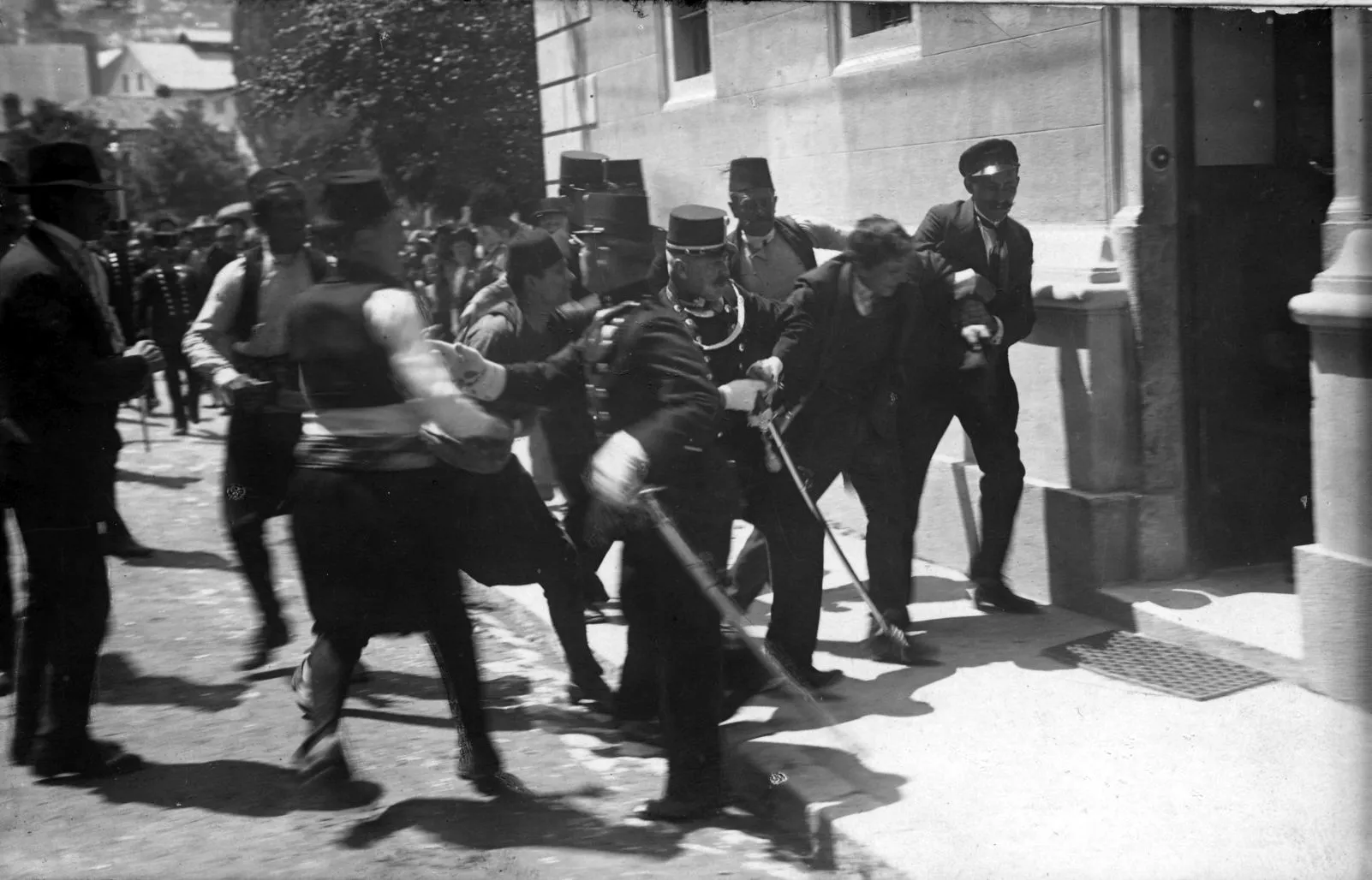
Two Shots
When this post goes live, it will have been exactly one hundred years since Gavrilo Princip fired two shots into a 1911 model Gräf & Stift touring car, killing Archduke and heir to the Austro-Hungarian throne Franz Ferdinand and his wife, Sophie. Princip, who was not quite a month shy of his twenty-first birthday at […]

Prophecies from 1918
A regular feature in early Bethel yearbooks is the “Class Prophecy,” a lighthearted look into the future of graduates. For the 1918 issue, the prophecy for the Commercial Department (the section of Bethel Academy that trained young people for clerical work with courses in bookkeeping, typing, and shorthand) looked mere months into the future to […]

The G.I. Bill Turns 70
Seventy years ago this past Sunday, Pres. Franklin D. Roosevelt signed into law the Servicemen’s Adjustment Act of 1944. While World War II still had over ten months to go in Europe, and over a year in the Pacific, the so-called “G.I. Bill” made possible dramatic changes in postwar America. Pres. Barack Obama summarized them […]
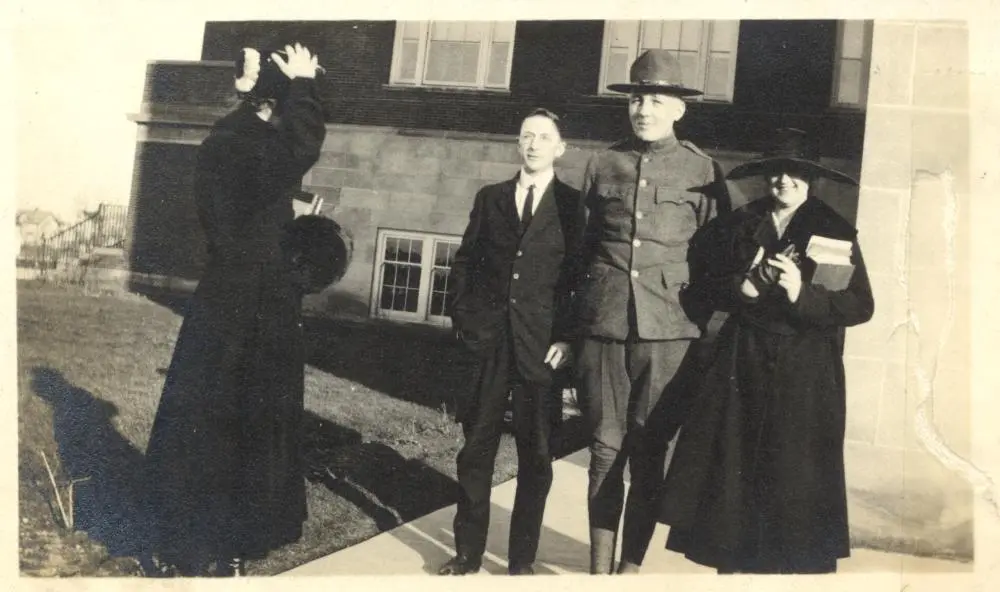
War and Americanization at Immigrant Schools: Bethel and Calvin
Not long after the United States entered the First World War, Bethel Academy graduated its class of 1917, fifteen strong. It had been sixty-five years since Swedish Baptist immigrants founded their first American congregation, yet still one in three of the school’s graduates were natives of Sweden or Norway, and almost all the rest had Scandinavian surnames. That last […]
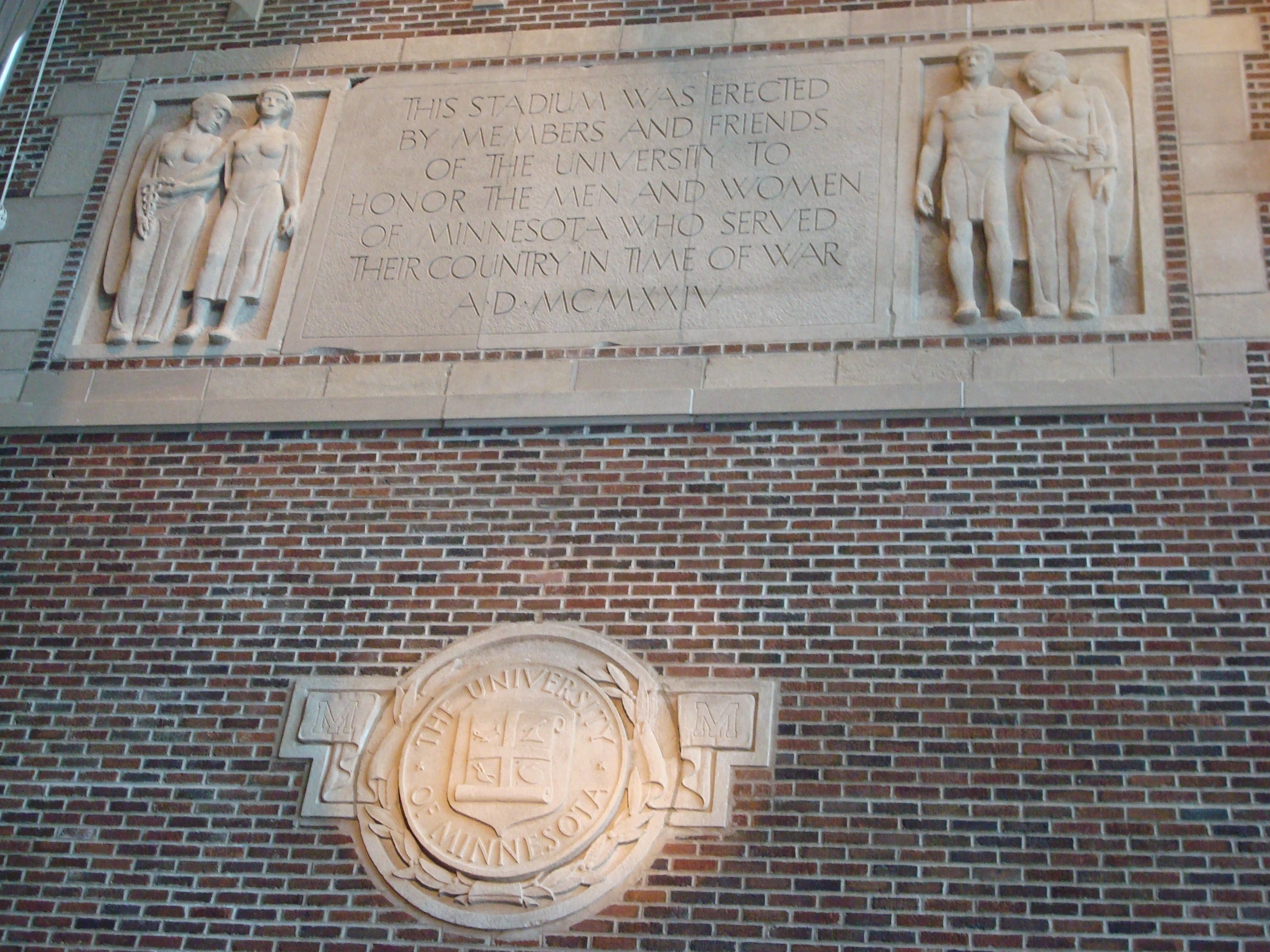
A Bethel War Memorial?
In the last two years I’ve developed an interest in the history of war commemoration, writing about it from time to time at my personal blog and even keeping — very irregularly — a photoblog on the subject. So as I’ve started to research how Bethel and other colleges and universities here in the Twin Cities experienced […]
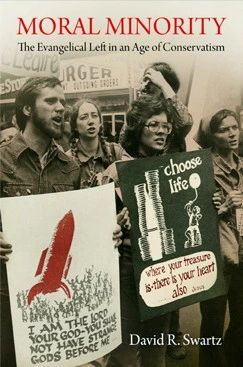
The Evangelical Left and Vietnam
I’ve spent much of the past week catching up on my Vietnam War history. While the military history of that conflict is interesting, most of my reading has been focused on the domestic crises that Vietnam incited. Surprisingly, I’ve had a fair amount of trouble finding sources that deal squarely with the impact of the war […]

Digital History as “Nonargument” and “Preargument” Scholarship
“Has the digital revolution transformed how we write about the past?”, ask Kristen Nawrotzki and Jack Dougherty, editors of Writing History in the Digital Age. “Have new technologies changed our essential work-craft as scholars and the way in which we think, teach, author, and publish?” Their book itself exemplifies how digital technologies may reshape publishing: it […]
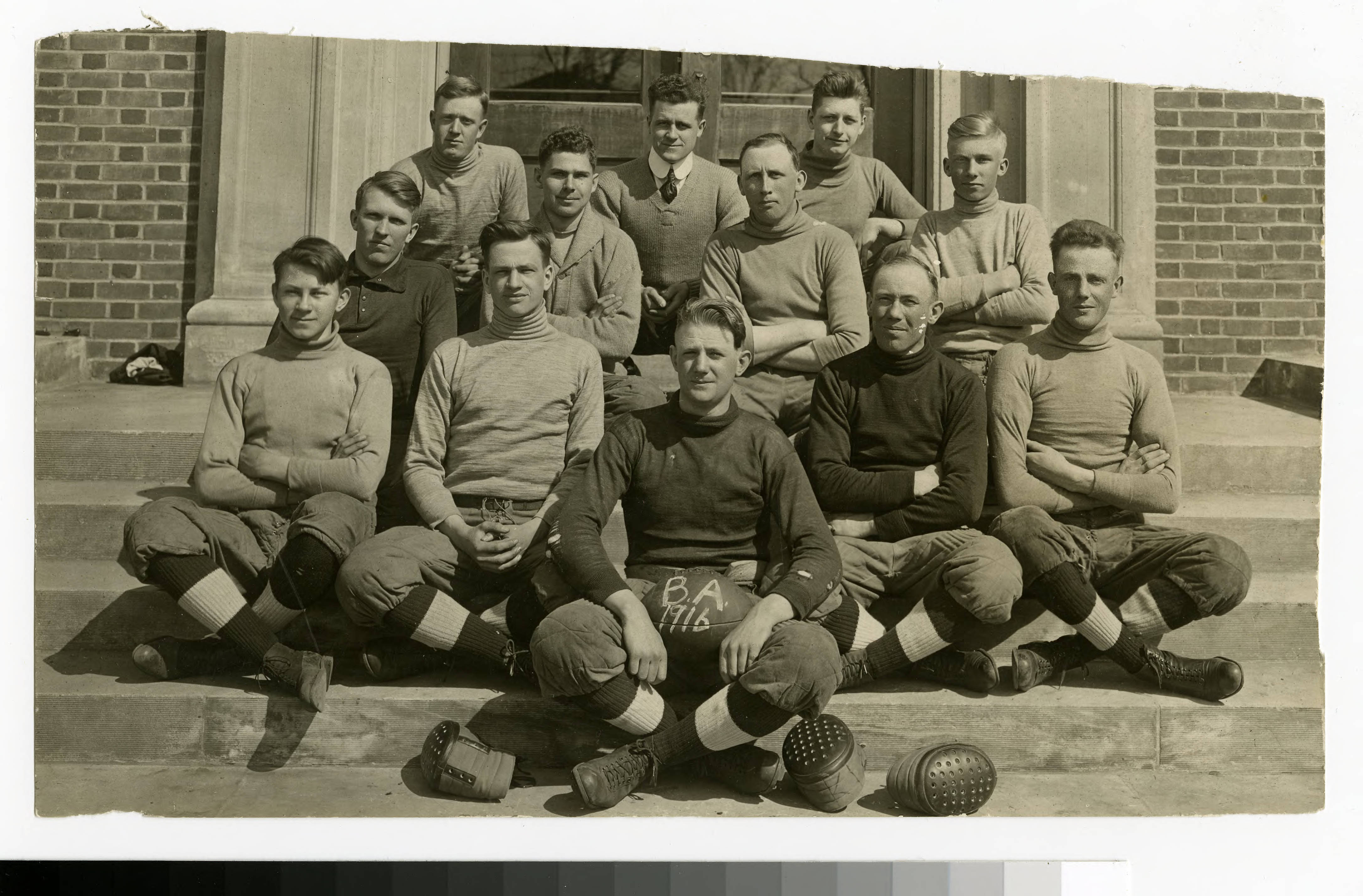
Military Training in the Schools, 1914-1918
For my post on August Sundvall, the first former Bethel student to die in the First World War, I drew on an obituary published in a 1920 book about Fort Sheridan, where Sundvall had trained to become an officer. In the book’s introduction, the camp’s former commandant, Brig. Gen. J.A. Ryan, bemoaned the failure of American education […]

